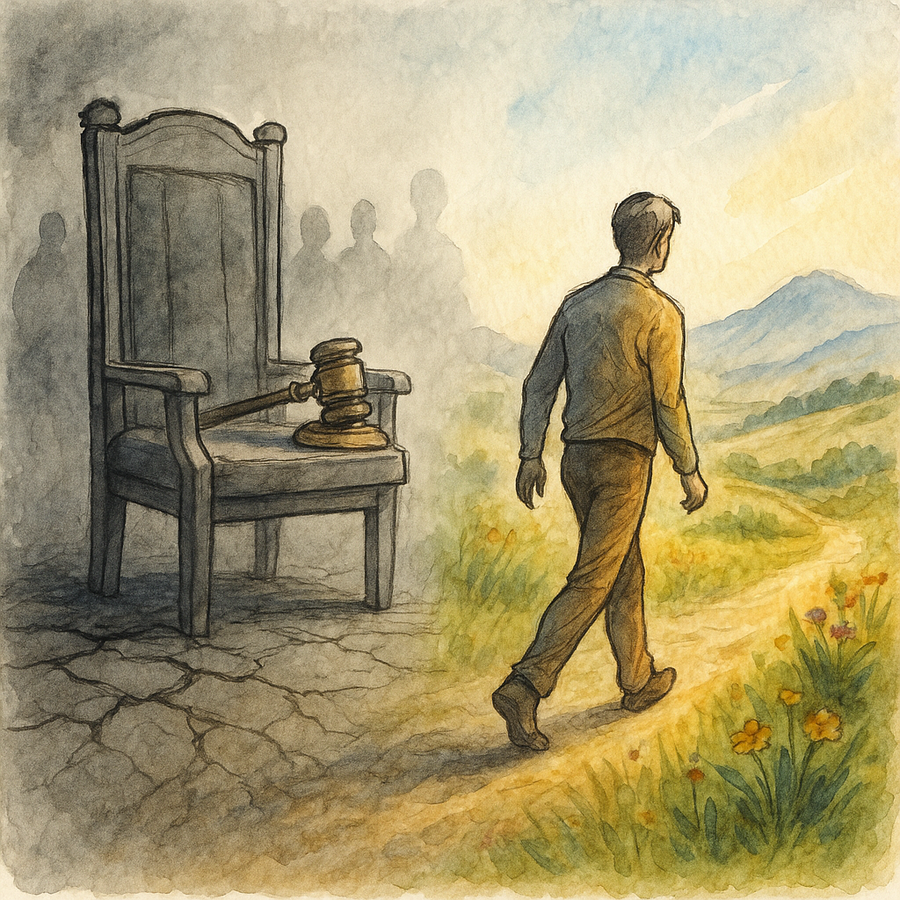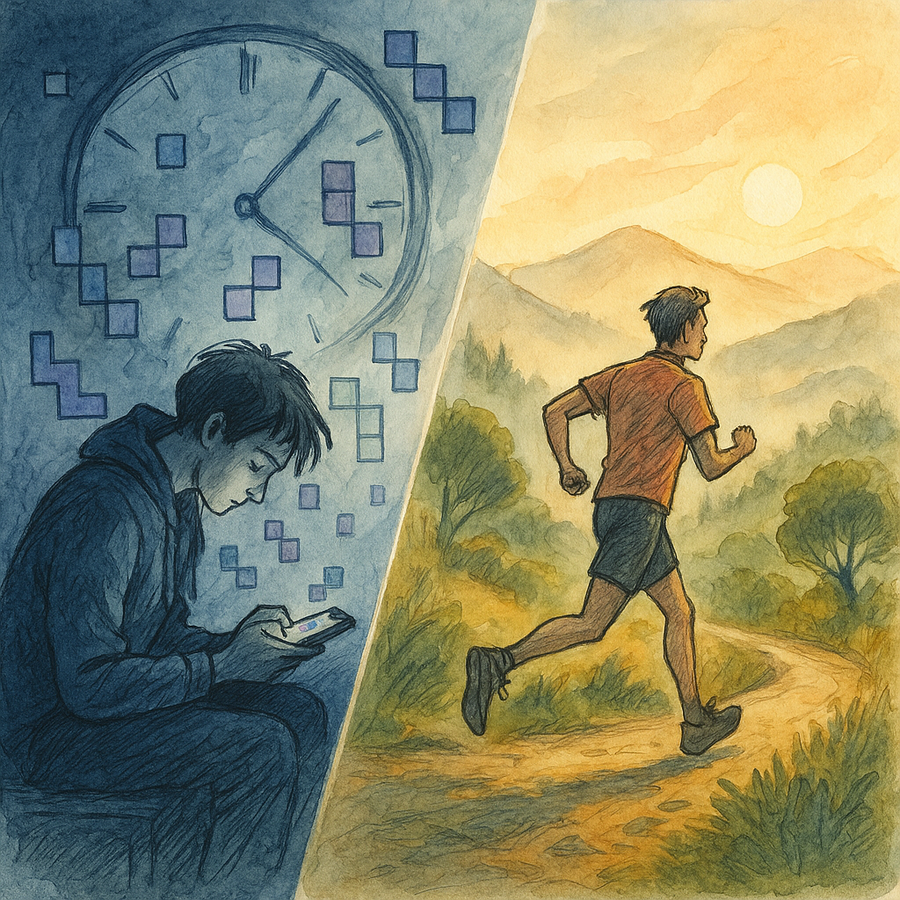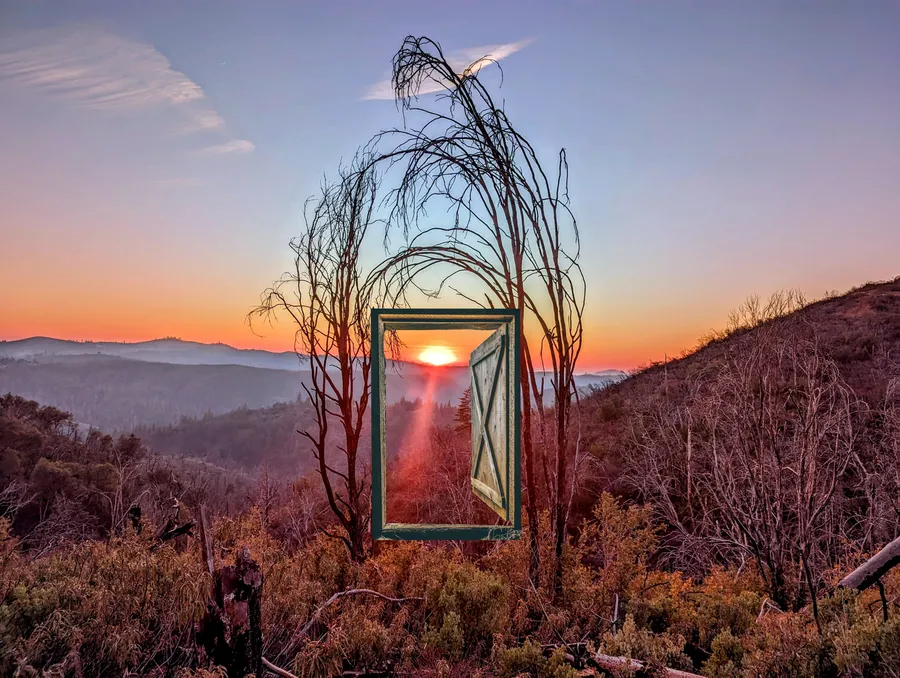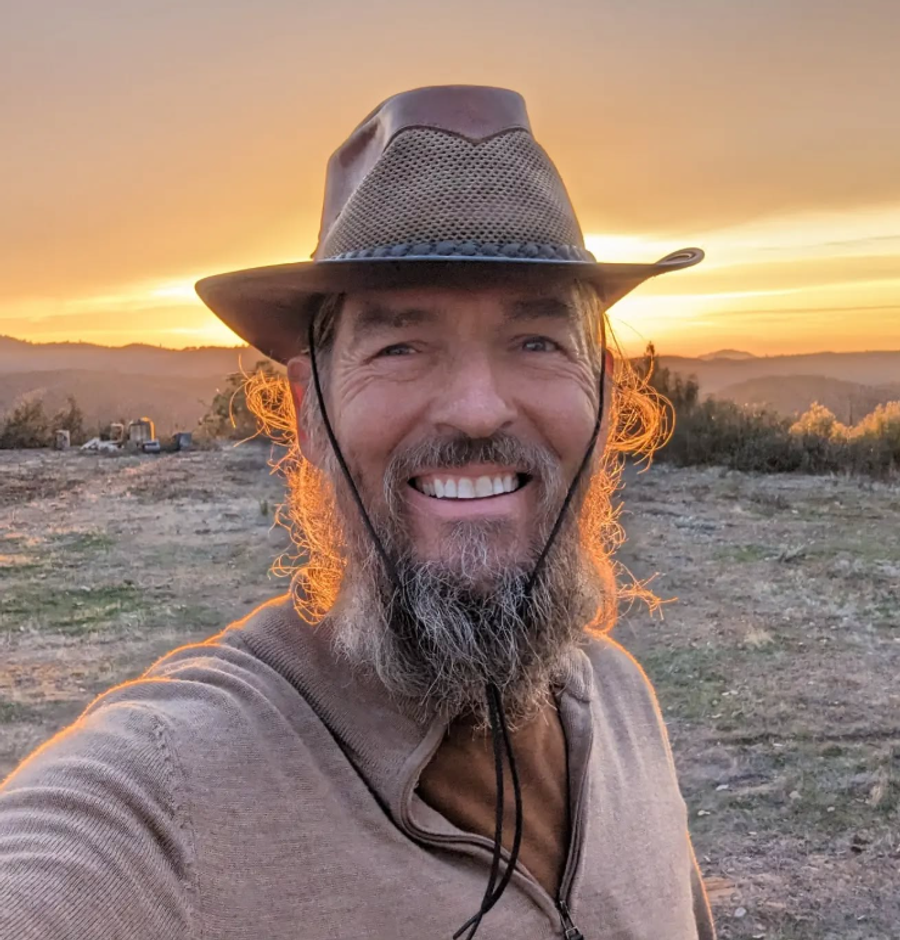What is the Radical Honesty way to tell somebody that they have a big bum or look terrible?
Q: “What is the Radical Honesty way to tell somebody that they have a big bum or look terrible?”
A: Before I can be radically honest with someone else, I have to be radically honest with myself. Let’s break it down into individual issues.
Where did I learn my standards?
Where did I learn that certain bums are “big” or that big bums look terrible? Am I influenced by fashion industry marketing? Am I echoing opinions from my parents? Do I believe I’ll fit into a peer group that values certain body types if I share their opinions? Why is belonging to that group so important to me?
Who made me the judge?
How did I decide I should be the arbiter of what looks good or terrible? Who appointed me to this role? Did I appoint myself, consciously or unconsciously? How does it feel to hold this role? Why is it important for me to decide what’s “right” or “wrong” when it comes to bum sizes?
Why share my judgment?
Why is it important for me to share this opinion with the person who owns the bum? What am I trying to achieve by sharing it - especially if it’s unsolicited? Am I hoping to help them, or put them down? If it’s for my benefit, what do I really get out of it? If it’s for their benefit, am I sure they want this feedback? Do I need to set context and get consent first?
Assuming I’ve been completely honest with myself, I can then begin constructing my sentence by describing what I notice - in the world, in my body, and in my mind.
“Hey, I notice your bum, and I feel my stomach tighten and my heart race. My mind immediately judges it.
But honestly, this judgment seems less about you and more about my own past. I hear my father’s voice judging my mother, and part of me believes mimicking him might win his love. I also hear my mother judging my bum size, and I confuse that criticism with love.
I want to be closer to you, and part of me wonders if we could bond over talking about our bodies. But I’m also afraid this could push you away.
In the past, when I saw your bum, I felt so uncomfortable that the only way I knew to relieve my anxiety was to criticize you. Making myself the judge distracted me from dealing with my own unresolved feelings.”
And even after all that, I’d want to ask: “Is this something you’re open to talking about right now?”
Radical Honesty doesn’t mean blurting every judgment out. It means being truthful about your own inner experience first, then deciding - consensually and compassionately - whether to share it.











